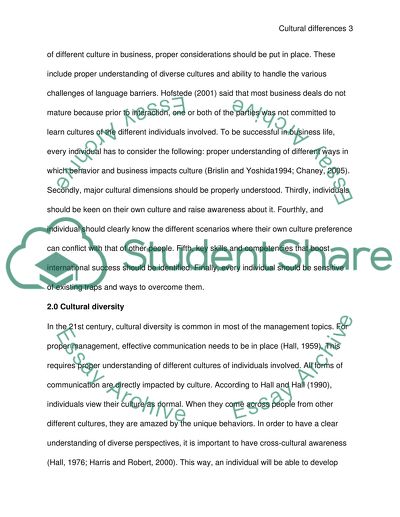Cite this document
(“Cultural differences in business life between Germany and USA Essay”, n.d.)
Retrieved from https://studentshare.org/environmental-studies/1411727-cultural-differences-in-business-life-between
Retrieved from https://studentshare.org/environmental-studies/1411727-cultural-differences-in-business-life-between
(Cultural Differences in Business Life Between Germany and USA Essay)
https://studentshare.org/environmental-studies/1411727-cultural-differences-in-business-life-between.
https://studentshare.org/environmental-studies/1411727-cultural-differences-in-business-life-between.
“Cultural Differences in Business Life Between Germany and USA Essay”, n.d. https://studentshare.org/environmental-studies/1411727-cultural-differences-in-business-life-between.


